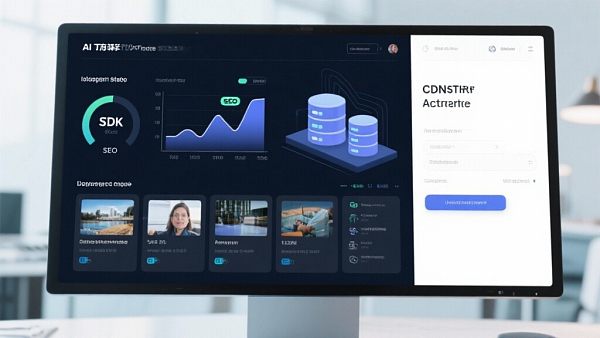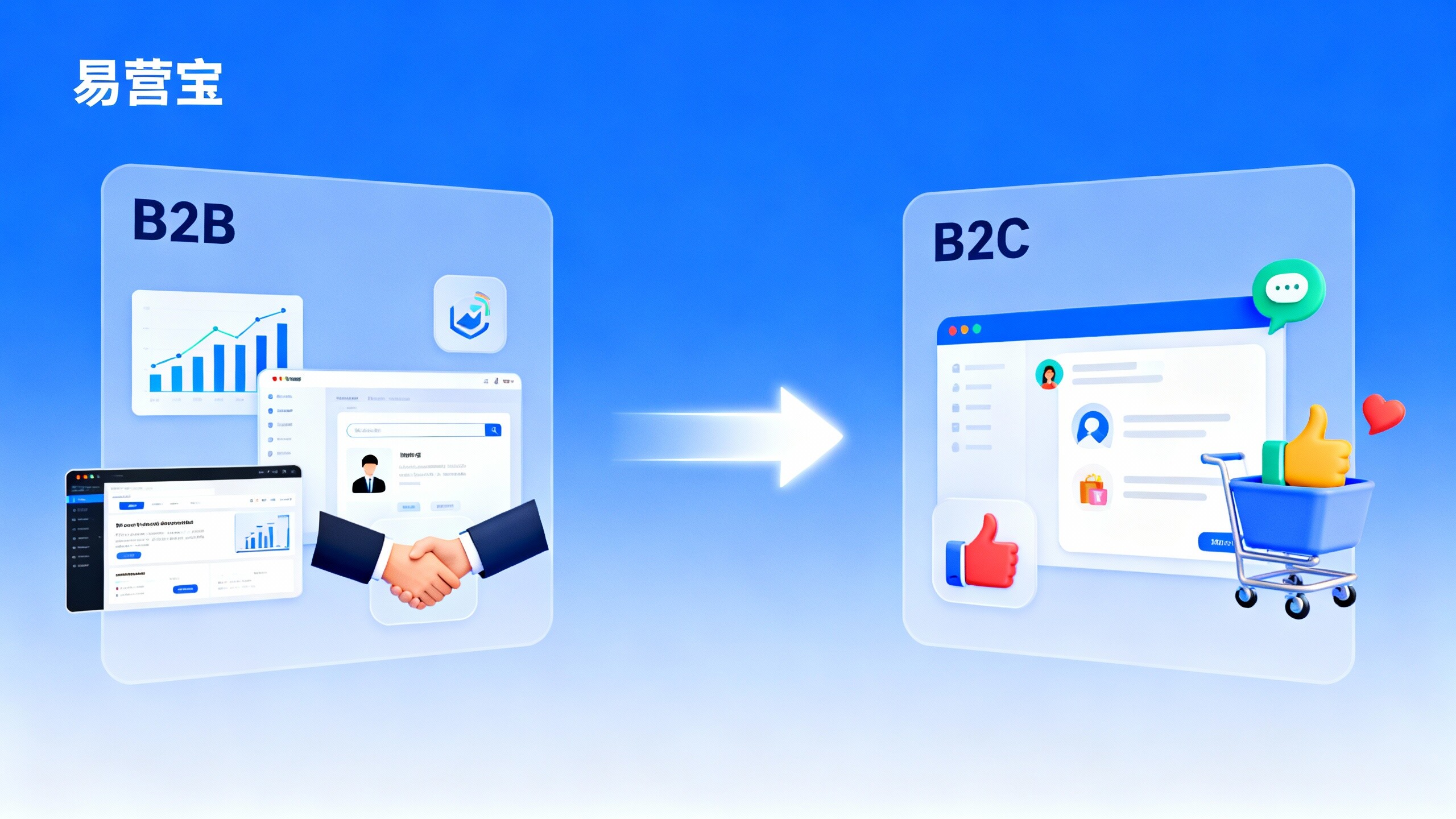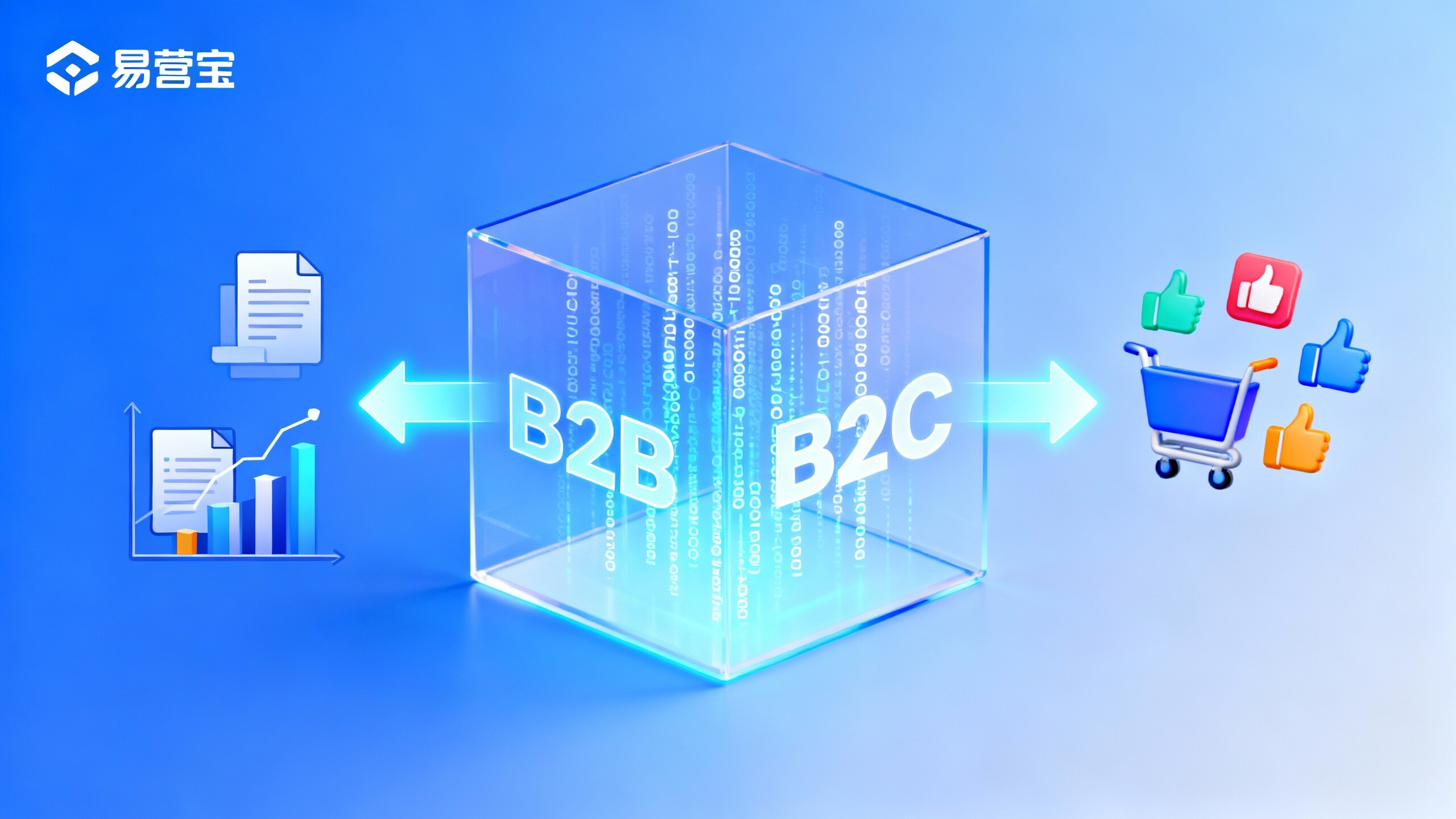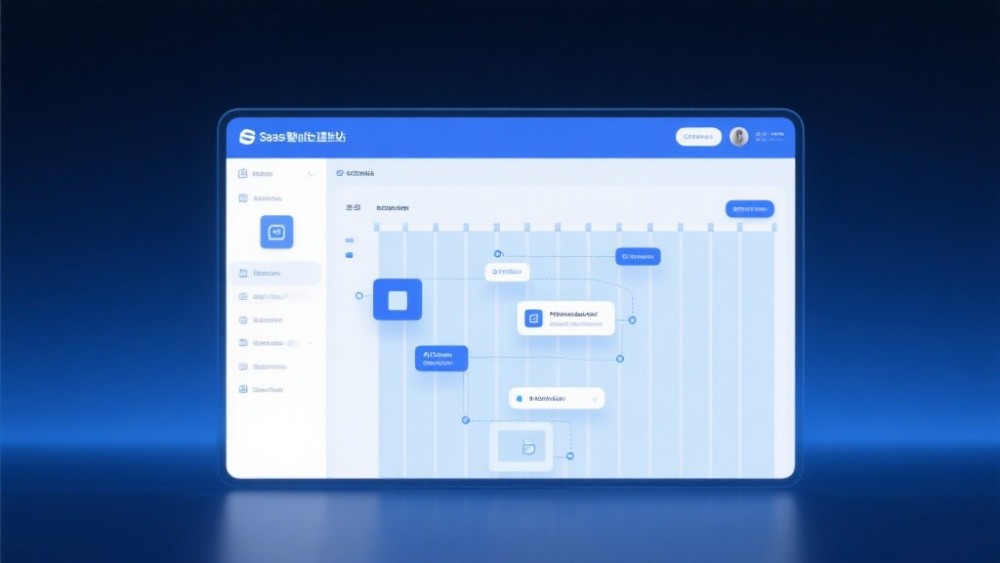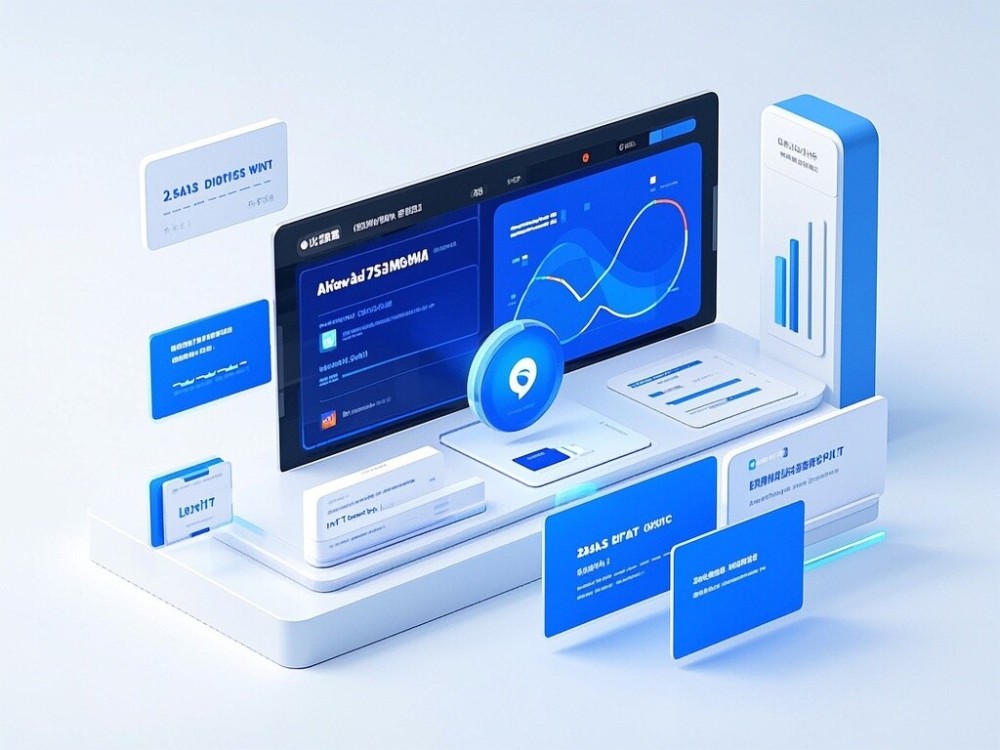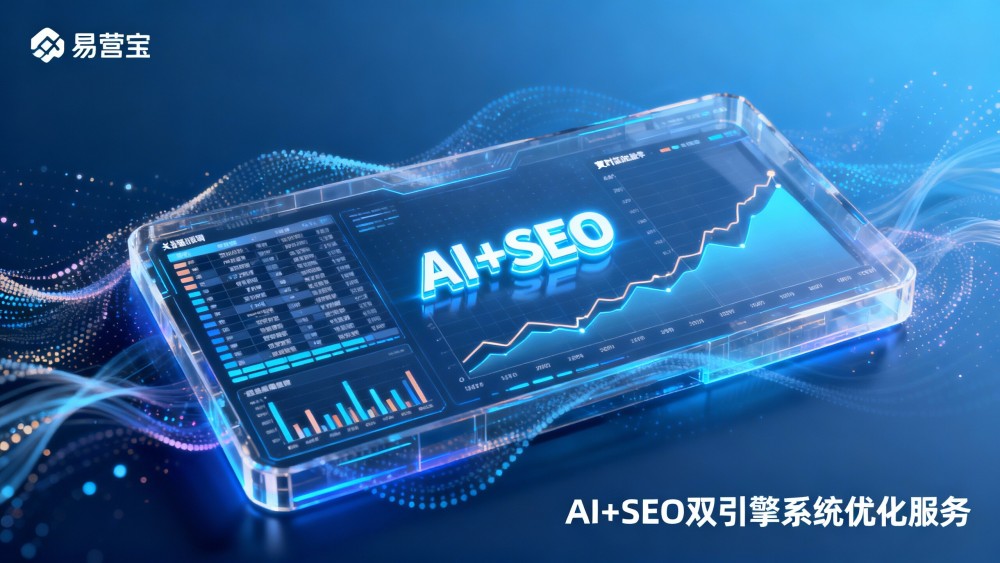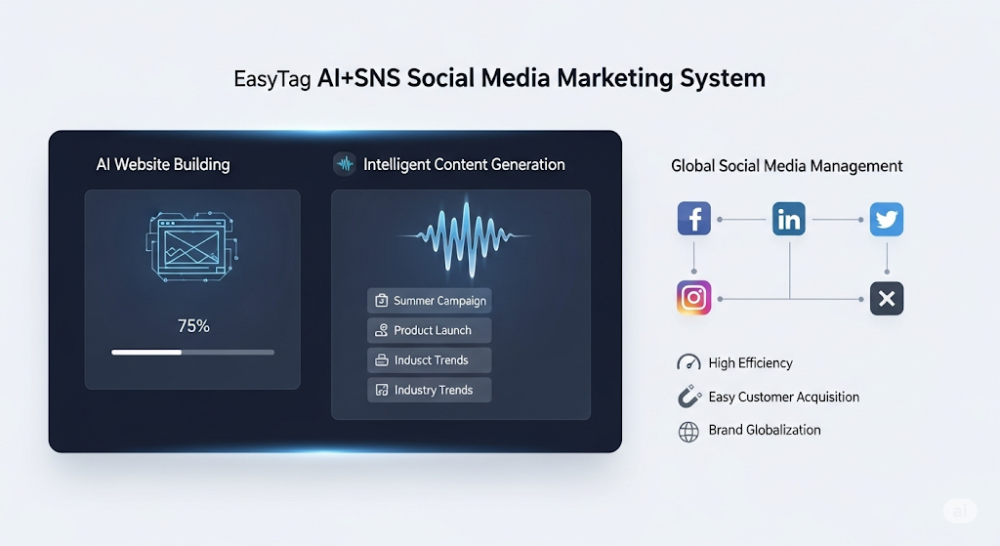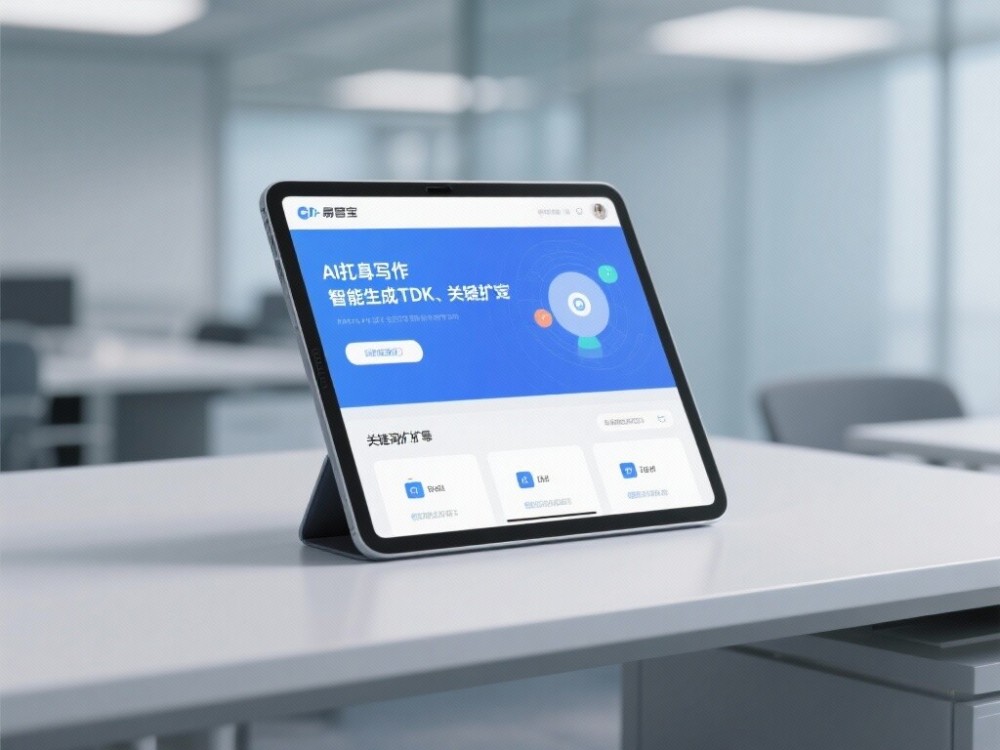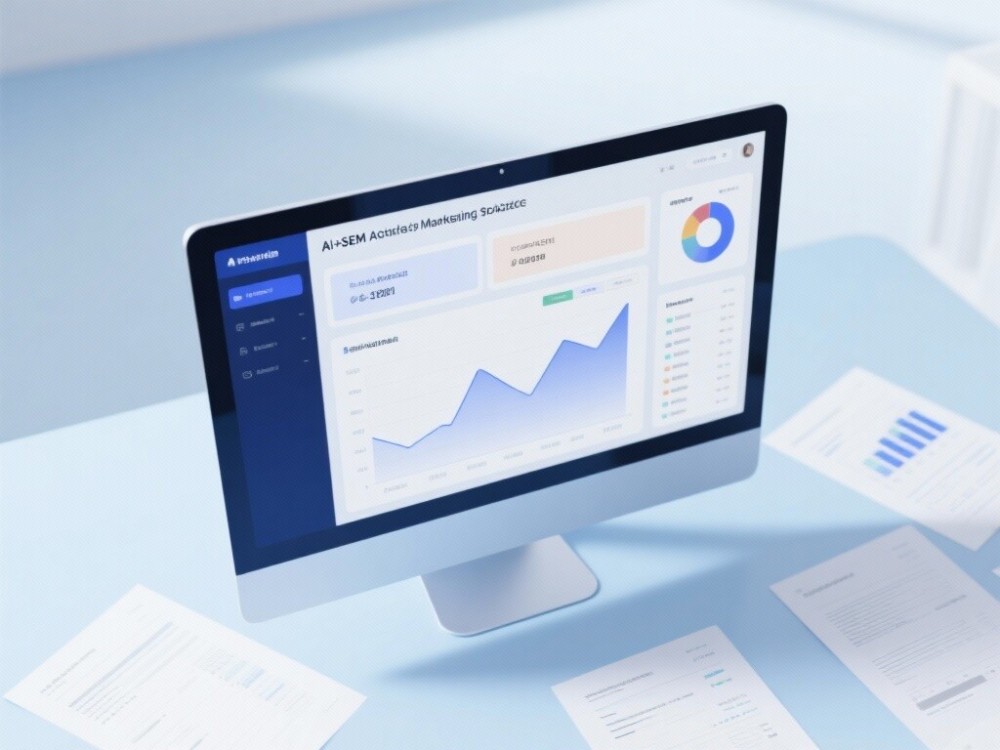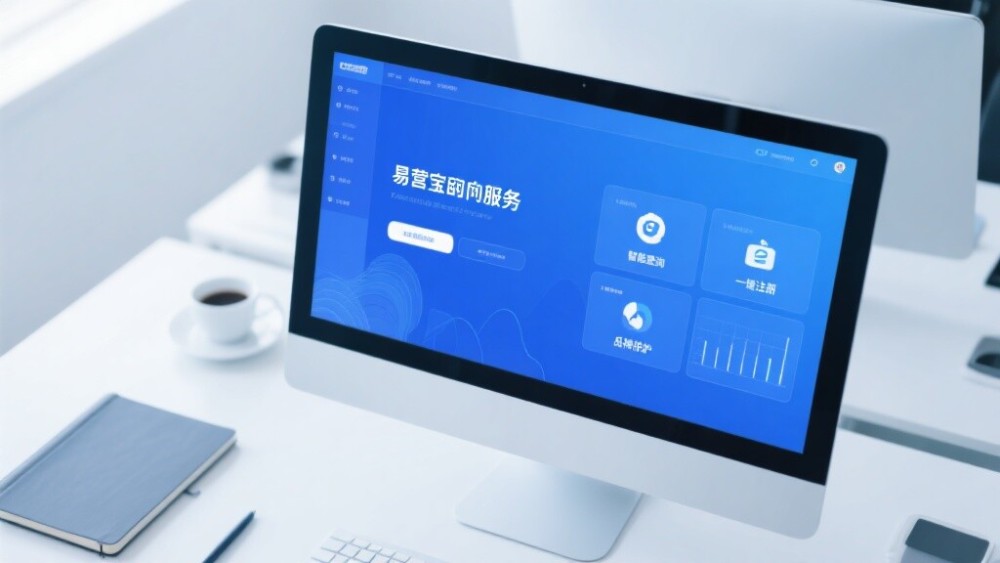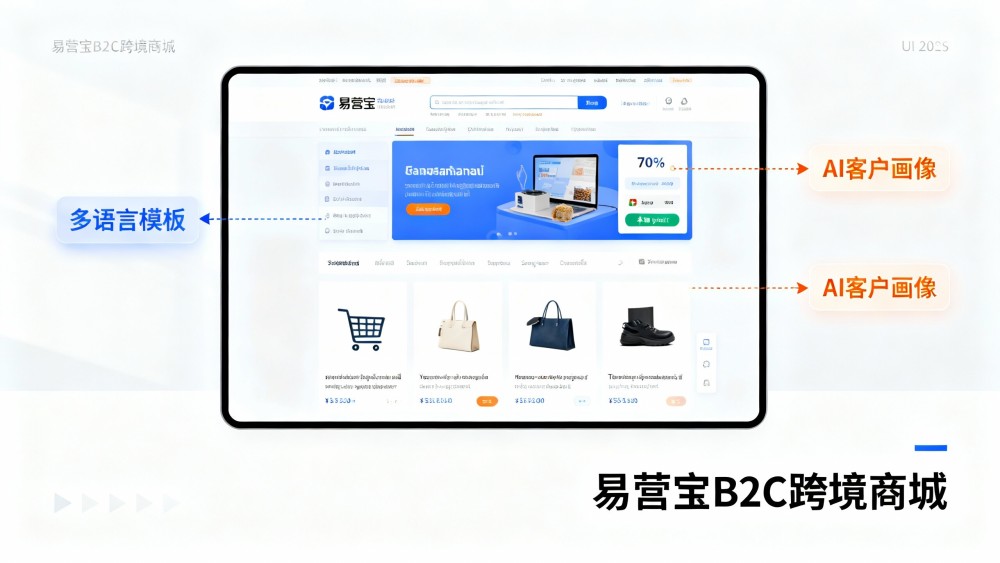- What are the differences in promotion between B2B and B2C websites? A comparative analysis of channel placement solutions for the general internet services industry2026-01-21View details
- What are the differences in promotion between B2B and B2C websites? Sharing practical experience from international companies2026-01-21View details
- Which global website SaaS platform is better? Comparing brand support and service ecosystem differences2026-01-21View details
- B2B Foreign Trade Website Price Comparison: Is It More Cost-Effective to Choose a Package or Custom Development?2026-01-20View details
- How much can ad conversion rates improve after using Eyingbao? What are the influencing factors?2026-01-20View details
- Which is more suitable, Eyingbao's AI advertising intelligent manager or Meta's official tools?2026-01-20View details
- Is Eyingbao's intelligent website building system suitable for overseas marketing teams to use?2026-01-20View details
- How Much Value Does TikTok Operations Bring to Foreign Trade Brands? Case Analysis of New Trends in Short Video Customer Acquisition for 20242026-01-21View details
How Can AI Translation Websites Enhance the Performance of Global Multilingual Standalone Sites?
Introduction
How can AI-powered translation websites aid in the construction of independent foreign trade websites and global multilingual independent websites, improve SEO and conversions, and offer practical strategies for combining AI-powered website construction services with global SEO optimization and website construction systems? This article will explore multiple dimensions, including definitions, application scenarios, technical performance, comparative analysis, purchasing guides, customer cases, and common misunderstandings, providing information researchers and users/operators with a practical implementation path. Readers will learn how to use AI-powered translation websites to reduce localization costs, increase search engine indexing speed and user conversion rates when building independent foreign trade websites, and master the best practices for collaborating with Yandex advertising and Google/Meta advertising. This content combines Yiyingbao's ten years of industry experience with AI-powered product capabilities to help companies quickly determine technology selection and implementation priorities.
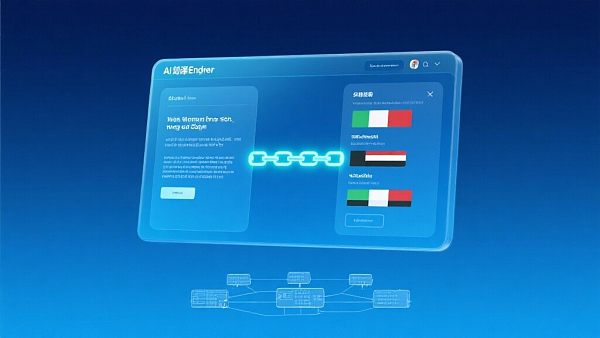
Definition and core concepts: What is an AI translation website and its role in independent websites?
An AI-powered website translation platform, based on deep learning and NLP technologies, provides automated translation and multilingual content management. It converts website content into the target language in real time while preserving SEO elements (such as titles, descriptions, and URL structures). During the development of an independent website for international trade, AI-powered websites not only provide comprehensive content language coverage but also intelligently generate localized TDKs (Title, Description, and Keywords), generate a multilingual site structure (with separate URLs or subdirectories), and integrate with multi-regional CDNs and server nodes, significantly improving page load speed and SEO-friendliness. For users and operators, key benefits include reduced manual translation costs, shorter launch cycles, improved consistency and maintainability of multilingual content, and support for integration with AI-powered website development services, automating the entire process from website creation to marketing. With appropriate configuration, AI-powered websites can automatically translate into 98 languages and collaborate with manual localization processes to ensure translation quality and cultural relevance.
Application Scenarios and Industry Implementation: Who Needs AI Translation Websites and How to Apply Them?
AI-translated websites are suitable for a variety of global expansion scenarios, including manufacturing export showcases, cross-border e-commerce independent websites, B2B wholesale catalogs, brand overseas showcases, and service export pages. For example, manufacturing companies use independent websites to showcase product specifications, certifications, and factory capabilities, and, combined with multilingual SEO, they can reach long-tail customer searches. Cross-border e-commerce relies on rapid product launches and multilingual detail pages to support purchasing decisions in various markets. The typical steps involved are: first, determining the multilingual site structure (with independent URLs preferred); second, selecting an AI translation engine and setting up a terminology database; third, combining free and paid SEO optimization tools for keyword development and TDK optimization; and fourth, deploying global servers and CDNs to ensure access speed. For operators, we recommend synchronizing the desktop and mobile sites, setting up automated multilingual SEO optimization rules, and integrating marketing analytics to track conversion paths. Practice has proven that the proper integration of AI-translated websites with global SEO optimization and website building systems can improve an independent website's search engine indexing and keyword rankings, leading to stable organic traffic growth.
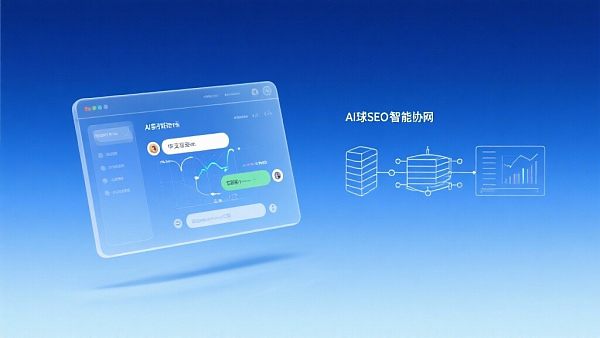
Comparative Analysis and Technical Performance: Evaluation Key Points and Product Capabilities Demonstration
When choosing an AI-translated website or AI-driven website building service, core evaluation criteria include translation accuracy, SEO-friendliness, loading performance, security compliance, and the cost of maintaining multilingual content. The following key comparison illustrates the following: Combining AI translation with manual localization offers both speed and quality; independent URL structures outperform single-page language switching (better for search engine indexing); automatic TDK generation and AI keyword expansion tools can improve the SEO efficiency of batch pages, while integrating with global servers can significantly reduce page load times. To provide a visual representation of the technical parameters, the following table lists the key indicators considered by typical AI website building products or services:
Based on the table above, operations teams should focus on the integration capabilities of free and paid SEO optimization tools, the AI translation website's URL and meta tag processing logic, and whether it supports independent URL multilingual structures and automatic multilingual SEO optimization. For example, if companies choose a solution like Yiyingbao Foreign Trade Super Website , which features global server acceleration, AI-powered website building, and automatic translation in 98 languages, they can simultaneously meet performance, security, and global compliance requirements while using AI-driven website construction services, thereby accelerating the construction of global multilingual independent websites.
Purchasing Guide and Cost and Alternative Analysis
When sourcing AI-powered translation websites or global multilingual website vendors, companies should establish an evaluation matrix based on five dimensions: needs, budget, technical compatibility, scalability, and service capabilities. First, clarify the application scenario: Is it primarily focused on content presentation or cross-border e-commerce conversions? Different scenarios require different priorities for SEO optimization, page speed, and payment/logistics integration. Second, evaluate the AI translation's accuracy and terminology management capabilities, checking for support for terminology databases, translation memory, and manual secondary proofreading processes. Third, focus on integration with advertising, such as the landing page experience and UTM tracking after Yandex advertising or Google/Meta platforms. Regarding costs, in addition to the initial website setup costs, consider language expansion costs, server bandwidth and CDN fees, and ongoing SEO optimization. As an alternative, small businesses can initially adopt templated multilingual subdirectories in conjunction with third-party translation services to reduce initial costs. However, in the long term, independent URLs and AI-driven multilingual management can significantly reduce operational costs and improve search engine indexing. When purchasing, it is recommended to require the supplier to provide performance SLA, 99.99% high availability commitment, and enterprise-level security protection and compliance certification to reduce subsequent risks.
Customer cases, misunderstanding clarification and practical suggestions
In real-world cases, a manufacturing client doubled its organic traffic in Europe and Latin America through multilingual independent website development services. A cross-border e-commerce brand increased ad conversion rates and reduced overseas customer service costs by combining AI-powered website translation with AI-powered keyword development tools. Common misconceptions include believing AI translation can completely replace manual localization, overlooking the long-term value of independent URLs for SEO, and underestimating the impact of server nodes and CDNs on loading speeds. Practical recommendations include: First, establish a terminology database and implement manual quality control after AI translation; second, prioritize independent URL multilingual structures, combined with hreflang tags and sitemaps; third, use AI-powered keyword development and TDK automatic generation tools to batch optimize thousands of pages, combined with regular manual verification; fourth, monitor keyword performance and bounce rates to promptly adjust localized copy and creatives. To achieve a closed-loop marketing strategy, it's crucial to integrate on-site SEO data with advertising platforms (such as Yandex Ads or Google Ads) to create a visual path from keywords to target conversions, enabling continuous optimization.
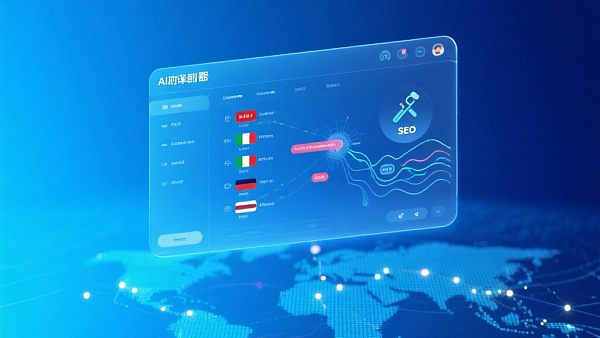
FAQ, trend analysis and call to action (why choose us/contact us)
FAQ: Can AI-translated websites guarantee legal and cultural compliance? The answer is: it requires a combination of manual localization and compliance review. Will multilingual SEO create duplicate content issues? This can be effectively avoided through unique URLs and hreflang annotations. How do companies measure ROI? Organic traffic, ad conversion costs, and customer acquisition costs (CAC) are key indicators. Trends suggest that over the next two years, multilingual websites will evolve towards a fusion of "AI translation + manual localization + automated SEO," with multilingual generation of multimodal content (text + images + video) becoming mainstream. As a service provider with NLP and multimodal patents, Google Premier Partner, and Meta official agent qualifications, Yiyingbao offers a closed-loop solution from website creation to launch. If you need to quickly build an SEO-optimized website or seek global multilingual independent website development services, contact us for an evaluation and trial. Why choose us? We combine AI-driven website development services, a global network of over 2,500 server nodes, and automated multilingual SEO optimization capabilities to help companies achieve verifiable conversion increases while reducing costs. Act now to receive exclusive consultations and demos, and embark on a path to efficient global growth.
(Product Note: The technical specifications and functional examples mentioned in this content reference industry-leading solutions and product capabilities. For specific product information and purchasing recommendations, please click on the product link to view or request a demo.)
- Campbell (name)
- free-standing station
- Multilingual SEO
- Multi-language website
- SEO optimization
- Intelligent website building
- AI translation
- AI translation engine
- AI Translation Website
- Yandex Advertising
- Foreign trade independent website
- Yandex Advertising
- SEO Optimization Tools
- SEO ranking
- Global Server Acceleration
- Independent website building
- Foreign trade independent website construction
- Multilingual Independent Site
- Independent website construction
- Meta Ads
- Google Ads
- SEO
- AI-Driven Website Construction Services
- Global Multilingual Website Provider
Related Articles
![What are the differences in promotion between B2B and B2C websites? A comparative analysis of channel placement solutions for the general internet services industry What are the differences in promotion between B2B and B2C websites? A comparative analysis of channel placement solutions for the general internet services industry]() What are the differences in promotion between B2B and B2C websites? A comparative analysis of channel placement solutions for the general internet services industry
What are the differences in promotion between B2B and B2C websites? A comparative analysis of channel placement solutions for the general internet services industry![What are the differences in promotion between B2B and B2C websites? Sharing practical experience from international companies What are the differences in promotion between B2B and B2C websites? Sharing practical experience from international companies]() What are the differences in promotion between B2B and B2C websites? Sharing practical experience from international companies
What are the differences in promotion between B2B and B2C websites? Sharing practical experience from international companies![Which global website SaaS platform is better? Comparing brand support and service ecosystem differences Which global website SaaS platform is better? Comparing brand support and service ecosystem differences]() Which global website SaaS platform is better? Comparing brand support and service ecosystem differences
Which global website SaaS platform is better? Comparing brand support and service ecosystem differences
Related Products

